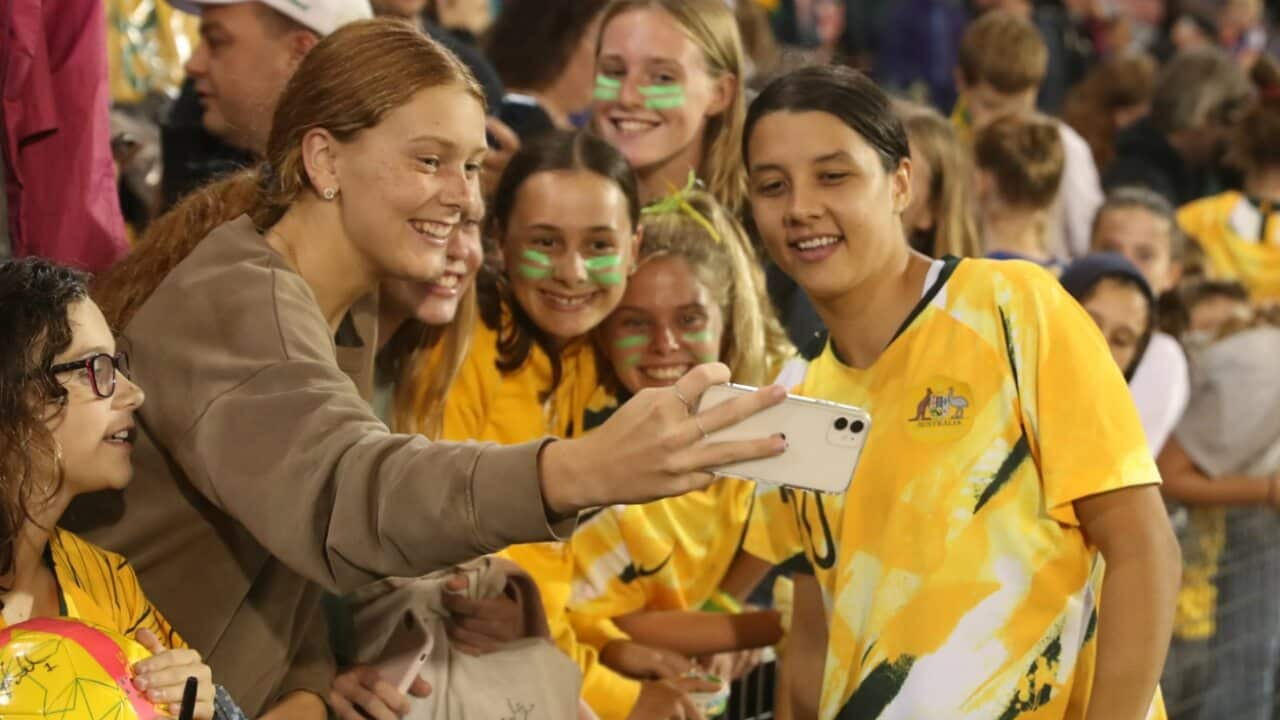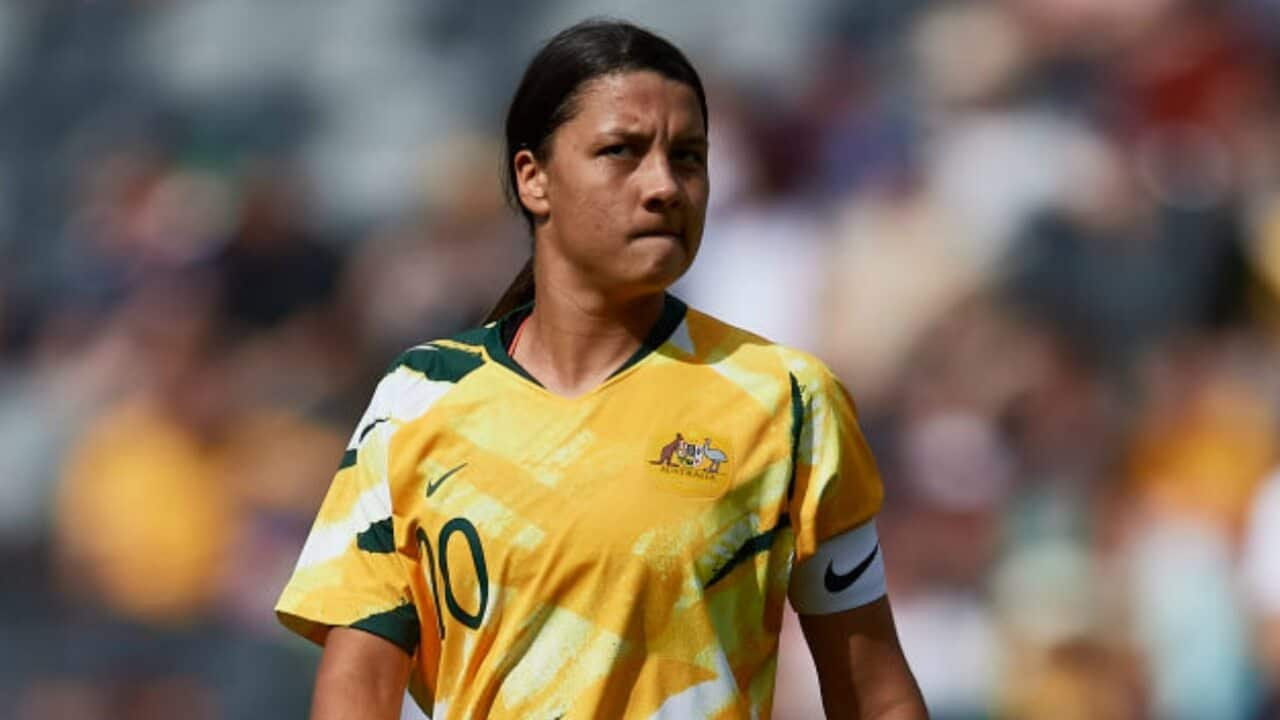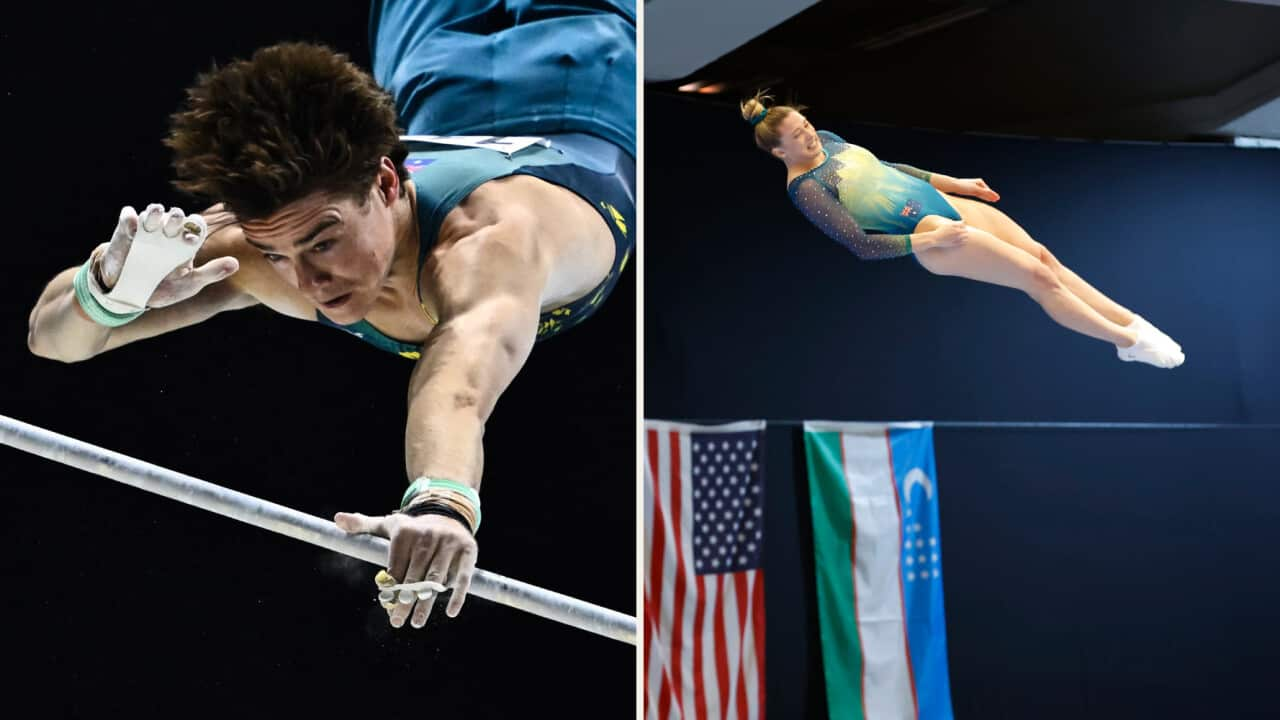In a document received exclusively by The World Game, and due to be released shortly, the PFA uses the unprecedented gains made by women’s football in Australia over the past five years as evidence that the women’s game cannot be left behind if football is to flourish after the pandemic.
“COVID-19 has exposed the fragility of our industry and the women’s game within it,” the PFA said.
“Urgent decisions will soon need to be made that will shape the game for generations – and determine those who play it.
“None of those decisions will be more important than how we balance football’s social responsibility to gender equality and its economic capabilities.
"In large part, striking this balance effectively will determine how COVID-19 will impact on our most vulnerable and undervalued participants, women footballers.”
The document comes less than a month after FIFPro released a paper saying that women’s football faces “an almost existential threat” thanks to the economic aftershocks of the coronavirus.
“Due to its less established professional leagues, low salaries, narrower scope of opportunities, uneven sponsorship deals and less corporate investment, the fragility of the women’s football ecosystem is exposed by the current situation,” FIFPro said.
“The lack of written contracts, the short-term duration of employment contracts, the lack of health insurance and medical coverage, and the absence of basic worker protections and worker’s rights leaves many female players – some of whom were already teetering on the margins – at great risk of losing their livelihoods.”
The PFA’s document, titled “From ‘No Play’ to ‘Equal Pay’: The Empowerment of Women in Australian Professional Football from 2015 to 2019”, reflects how the Australian game has addressed many of the concerns recently raised by FIFPro.
By tracing the cumulative milestones achieved within women’s football in Australia over the past five years – culminating in the Matildas’ equal pay agreement in 2019 – the document offers a model for governing bodies everywhere to help protect women’s football from the fallout of COVID-19.
“How did the Matildas go from refusing to board a plane to take on the world’s greatest women’s football team, the United States, to achieving equality with the Socceroos? Achieving an agreement fundamentally anchored in partnership and equality," the document said.
“The path to equality was contingent on clearly identifying three distinct components: the values that would anchor our mission, the drivers that would affect the structural changes that were needed, and tangible outcomes that delivered short and long-term change.”
In 2015, the Matildas participated in one of the first strikes of a women’s national sports team in Australian history.
Dissatisfied with the lack of support from Football Federation Australia, the players boycotted a planned friendly with the United States Women’s National Team, forgoing the opportunity of a lifetime to stand together for the benefit of the women’s game as a whole.
The following year, W-League players were granted full membership to the PFA, while at least three female players were appointed to its Executive Committee.
This membership change resulted in a “State of Play” report being compiled by the PFA which highlighted the precarious working conditions of many W-League players, foreshadowing FIFPro’s findings: “Careers were short-term and precarious, characterised by a high workforce turnover, early departure from the sport at an elite level and the existence of few minimum workplace standards. There was no minimum remuneration in place.”
The W-League report produced three key outcomes that are now in various stages of implementation by FFA: a minimum wage, league visibility, and a full home and away season.
This was combined with reform at the governance level, with FFA adopting a 40/40/20 gender balance across its board and standing committees.
In 2017, a “60 at 60” initiative was launched which aims to see 60 W-League players eventually employed at $60,000 per annum – a marker that football can be a viable career path for women.
That same year, a landmark Collective Bargaining Agreement was reached that guaranteed W-League players a number of minimum standards such as wages, insurance, medical protection, maternity cover and player development opportunities.
Alongside structural reform, the league also attracted increased media coverage thanks to the rising popularity of the Matildas and the women’s game globally, which resulted in every W-League match being broadcast live on Fox Sports in the 2019-20 season.
These incremental changes at the structural and cultural level resulted in an extension to the W-League CBA in 2019, the PFA’s “Our Goal Is Now” campaign that called for equal World Cup prize money, programs that promote and train women for leadership positions, and the landmark equal pay agreement between the Matildas and the Socceroos.
With the values of opportunity, fairness, and leadership at its heart, and with the structural drivers of collective bargaining, governance reform, and storytelling at its disposal, the PFA’s cumulative changes have made Australia one of the most progressive women’s footballing nations in the world.
Indeed, this brief history of reform – and the illustration of the collective power of players – serves as a model for how governing bodies around the world can (or should) respond to the fallout from COVID-19.
Without structural changes to guarantee its safety, and without giving women a voice at decision-making levels, women’s football is at risk of conceding the ground it has so rapidly gained over the past five years.
As fears grow that the women’s game will be sacrificed to keep men’s football afloat, documents like “From ‘No Play’ to ‘Equal Pay’” demonstrate how powerful these reforms can be and how quickly women’s football can grow when given the right tools.
The current shock to global football’s immune system therefore presents an opportunity to reflect on the problems that have plagued the sport for decades; to recalibrate the values upon which it supposedly stands and ensure a more equal and sustainable future.
“To build on our recent gains, the future for women footballers must be front of mind for all decision-makers within the sport,” the PFA added.
“An opportunity exists to embed this framework across all areas of football as we transition to a ‘new normal’.
"A new world where women footballers no longer have to fight for opportunity, fairness and a voice, but exist within industry frameworks that don’t discriminate.
“If we don’t seize the enormous opportunity in women’s football and rebuild it in line with these principles, we are choosing to regress.
"We are choosing to neglect. We are choosing to under-invest. We are demonstrating that a career as a woman footballer is not dignified or genuine.
“We pride ourselves on being the global game for all. By embedding our model of empowerment throughout football, we can ensure our decisions at this moment in time prove that our pride is well-placed.”











